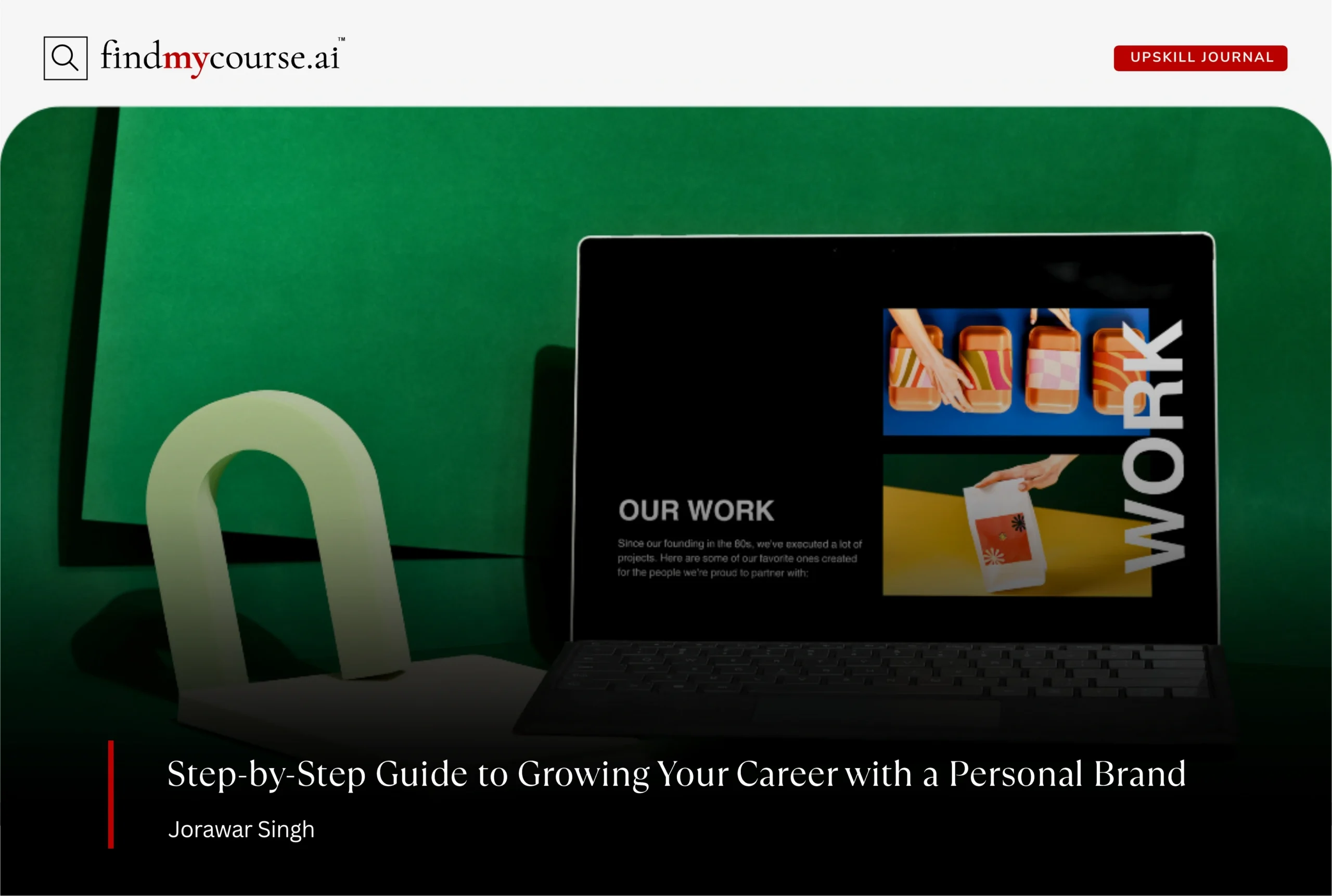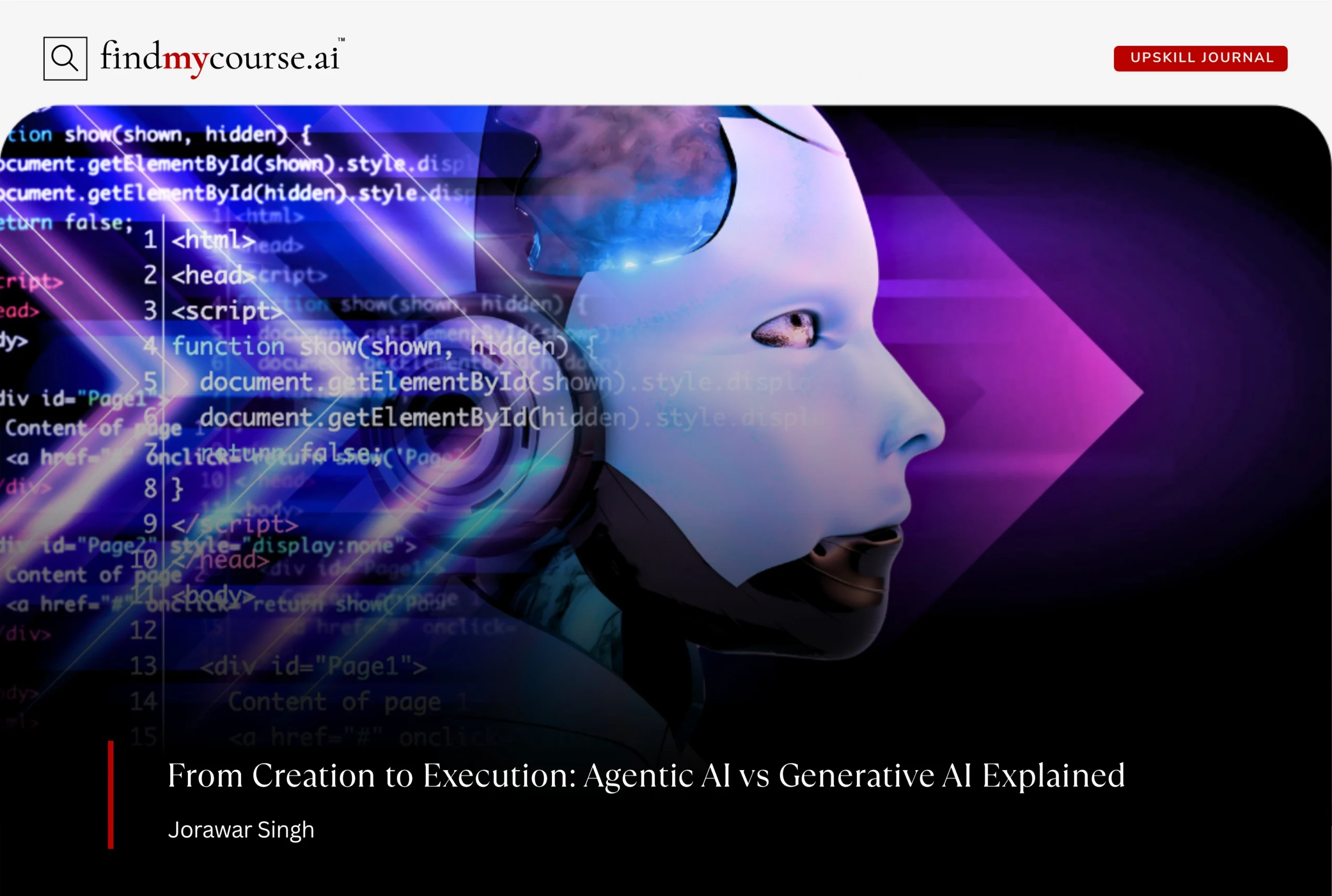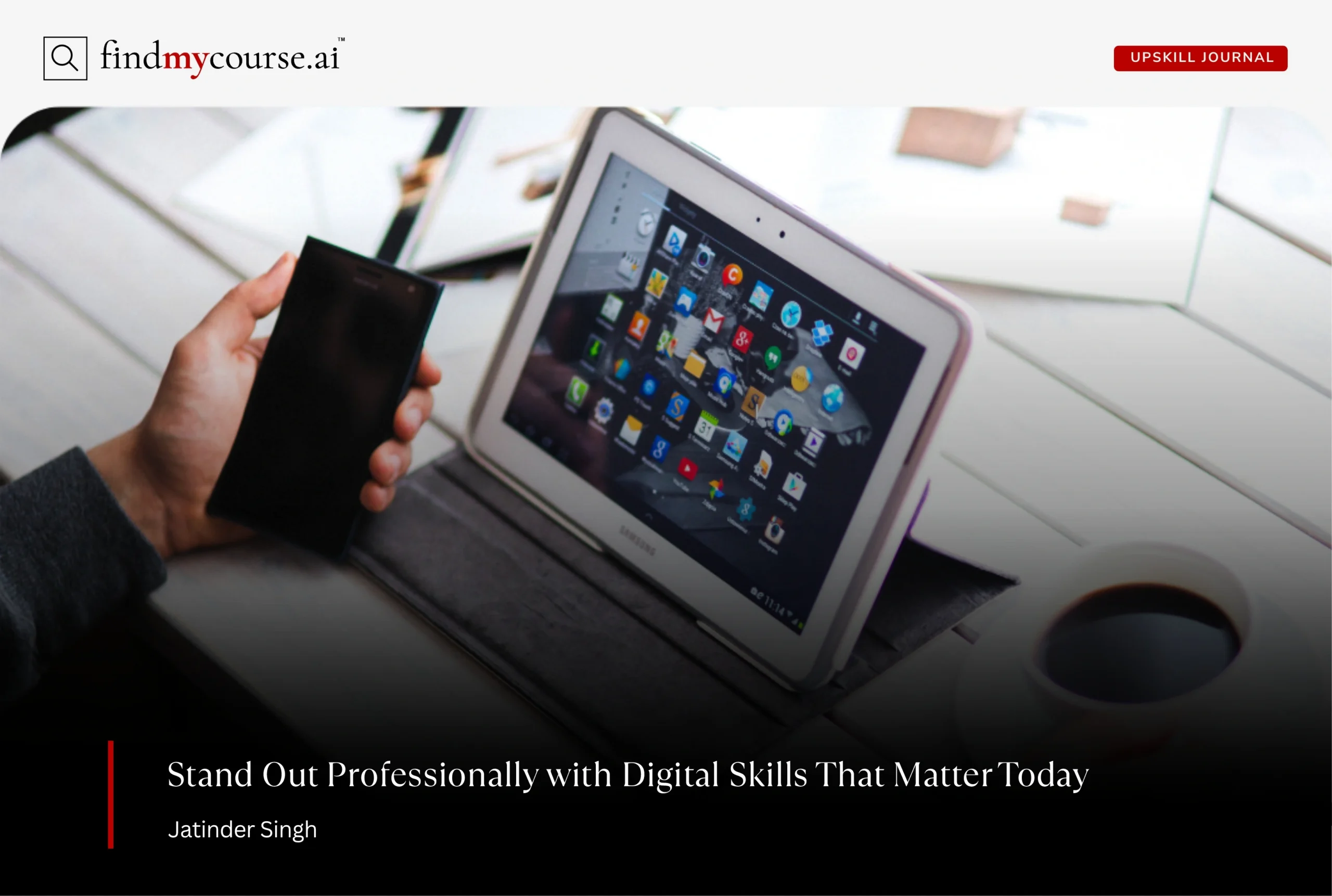In 2026, your career isn’t defined solely by your resume or job title—it’s defined by how the world perceives you. That’s the essence of personal branding: intentionally shaping your professional identity to reflect your skills, values, unique experiences and continuous learning. A personal brand tells your story, builds credibility, and makes you memorable in a crowded marketplace. This guide will walk you through practical, actionable steps to build a personal brand online, helping you stand out, attract opportunities, and also showcase your expertise with confidence.
What Is a Personal Brand?
Before diving into strategies, it’s crucial to understand what is a personal brand. Simply put, a personal brand is the unique combination of your skills, personality, values, and experiences that others perceive online and offline. Thus, it’s not just a logo, tagline, or social media profile—it’s the consistent story you tell the world about who you are and what you stand for.
Imagine two professionals with identical resumes. One actively shares insights, builds meaningful connections, and curates a visible online presence; the other remains silent online. Who do you think employers or collaborators will notice first? Exactly. This is the power of personal branding.
Why Personal Branding Matters in 2026
Personal branding is no longer a “nice-to-have”—it’s essential. According to recent career development reports, professionals with a clear online presence are more likely to attract job opportunities or freelance clients. Moreover, a strong personal brand allows you to:
- Stand Out in a Crowded Market: In fields flooded with talent, visibility matters.
- Demonstrate Expertise: Thoughtful content and engagement position you as a credible voice.
- Attract Opportunities: Clients, collaborators, and recruiters are drawn to authentic, authoritative professionals.
Consequently, investing time in building your personal brand pays long-term dividends, both financially and in career satisfaction.
How to Build a Personal Brand Online: Step-by-Step
Building a personal brand online doesn’t happen overnight—it requires intentional actions and consistent effort. The following step-by-step guide breaks down exactly how to build a personal brand online in a practical, actionable way.
1. Clarify Your Unique Value
Your personal brand begins with understanding what makes you stand out. Take time to reflect on your strengths, experiences, and passions. Moreover, this clarity forms the foundation of your messaging and guides how you present yourself online. Your unique value is what differentiates you from others in your field.
Key Actions:
- List Core Strengths: Identify 3–5 skills that define you professionally.
- Highlight Achievements: Pick notable projects or results that demonstrate impact.
- Define Your Niche: Specify the unique perspective or expertise that sets you apart from others.
2. Understand Your Audience
Knowing your audience is key to making your personal brand effective. Identify whether you want to reach recruiters, industry peers, or potential clients. Understanding their needs ensures your content resonates and provides real value, rather than just broadcasting your achievements.
| Audience Type | Content Example | Purpose/Goal |
| Recruiters | Portfolio highlights, LinkedIn summary | Showcase achievements and measurable results |
| Industry Peers | Case studies, webinars | Share insights and foster collaboration |
| Clients | How-to guides, actionable tips | Address challenges and provide practical solutions |
3. Build a Cohesive Online Presence
Consistency across all digital touchpoints is essential for a strong personal brand. Ensure your LinkedIn, personal website, Twitter/X, and portfolio reflect the same story, style, and messaging. Additionally, use a professional headshot, a memorable tagline, and harmonized visuals to create a recognizable identity. Uniformity not only signals professionalism but also strengthens trust with your audience, as your online presence often forms their first impression. Moreover, platforms like Canva make it easy to maintain consistent visuals across all channels.
4. Share Insightful Content
Your content is the stage where your personal brand comes alive. Focus on sharing knowledge, lessons, and insights that genuinely help your audience, rather than simply promoting yourself. Additionally thoughtful, valuable content positions you as credible, relatable, and authoritative in your field.
Key Actions:
- Diversify Formats: Mix blogs, videos, LinkedIn posts, and newsletters to reach different audience types.
- Share Learnings: Highlight key takeaways from projects or experiences instead of just achievements.
- Provide Value: Offer actionable tips, advice, or industry insights that solve problems for your audience.
5. Engage Authentically
Building a personal brand is more than broadcasting your message—it’s about meaningful conversation. Respond to comments, participate in industry discussions, and recognize the contributions of peers to foster a sense of community. Moreover, consistent, genuine engagement demonstrates that you are approachable, invested, and collaborative. Over time, these interactions strengthen trust, increase visibility, and help your personal brand resonate authentically with your audience, creating relationships that extend beyond simple content sharing. Additionally, platforms like Hootsuite or Buffer can help track comments, mentions, and discussions across social channels, making it easier to engage consistently without missing important interactions.
6. Network Strategically
In 2026, networking is hybrid—combining online and offline opportunities. Attend webinars, workshops, conferences, and professional forums, while also connecting in-person at industry events. Building genuine relationships with peers and thought leaders amplifies your personal brand and can lead to unexpected collaborations and opportunities. Remember, networking is relational, not transactional, so focus on meaningful engagement over numbers.
| Networking Type | Example (Online & Offline) | Purpose/Goal |
| Virtual Events | Zoom webinars, Hopin panels | Attend workshops, panels, discussions |
| In-Person Events | Conferences, meetups | Build face-to-face connections |
| Peer Collaboration | LinkedIn groups, Slack, project meetups | Exchange ideas, foster partnerships |
| Thought Leadership | Guest blogs, podcasts, speaking at events | Showcase expertise & grow reach |
7. Evolve with Your Career
A personal brand is never static—it grows as you grow. As you acquire new skills, take on different projects, or pivot to a new career path, your brand must evolve to reflect your current expertise and goals. Regularly reviewing your online presence ensures it stays relevant and aligned with your professional trajectory.
Key Actions:
- Update Profiles: Refresh LinkedIn, portfolio, and social media to showcase new skills or accomplishments.
- Refine Messaging: Adjust your tagline, summary, and content to match your evolving expertise.
- Showcase Growth: Share new projects, certifications, or insights to demonstrate continued development.
Maintaining agility in your brand ensures authenticity and credibility. Use Google Alerts or BrandYourself to monitor online mentions and track your digital presence consistently.
Common Pitfalls to Avoid
Even experienced professionals can make mistakes when building a personal brand online. Being aware of common pitfalls helps ensure your brand remains authentic, consistent, and engaging, attracting the right attention and leaving a positive impression.
Key Pitfalls:
- Inconsistency: Mixed messages or visuals across platforms can confuse your audience and weaken your brand.
- Lack of Authenticity: Trying to imitate others rarely works; your brand should reflect your true skills, values, and personality.
- Neglecting Engagement: Ignoring comments or conversations reduces trust, visibility, and influence.
- Over-Promotion: Constantly pushing achievements can alienate your network; balance self-promotion with value-driven content.
Avoiding these pitfalls ensures your personal brand attracts attention for the right reasons.
Conclusion
Building a personal brand online is an ongoing journey, not a one-time task. The strategies you implement today—clarifying your value, engaging authentically, and sharing meaningful content—compound over time. So, by staying consistent, adaptable, and true to yourself, you turn your brand into a lasting professional asset that opens doors, strengthens credibility, and leaves a memorable impact. Every post, connection, and insight you share contributes to the story only you can tell—your personal brand. And if you have any questions or need guidance, just ask our AI assistant for personalized tips and actionable advice.


